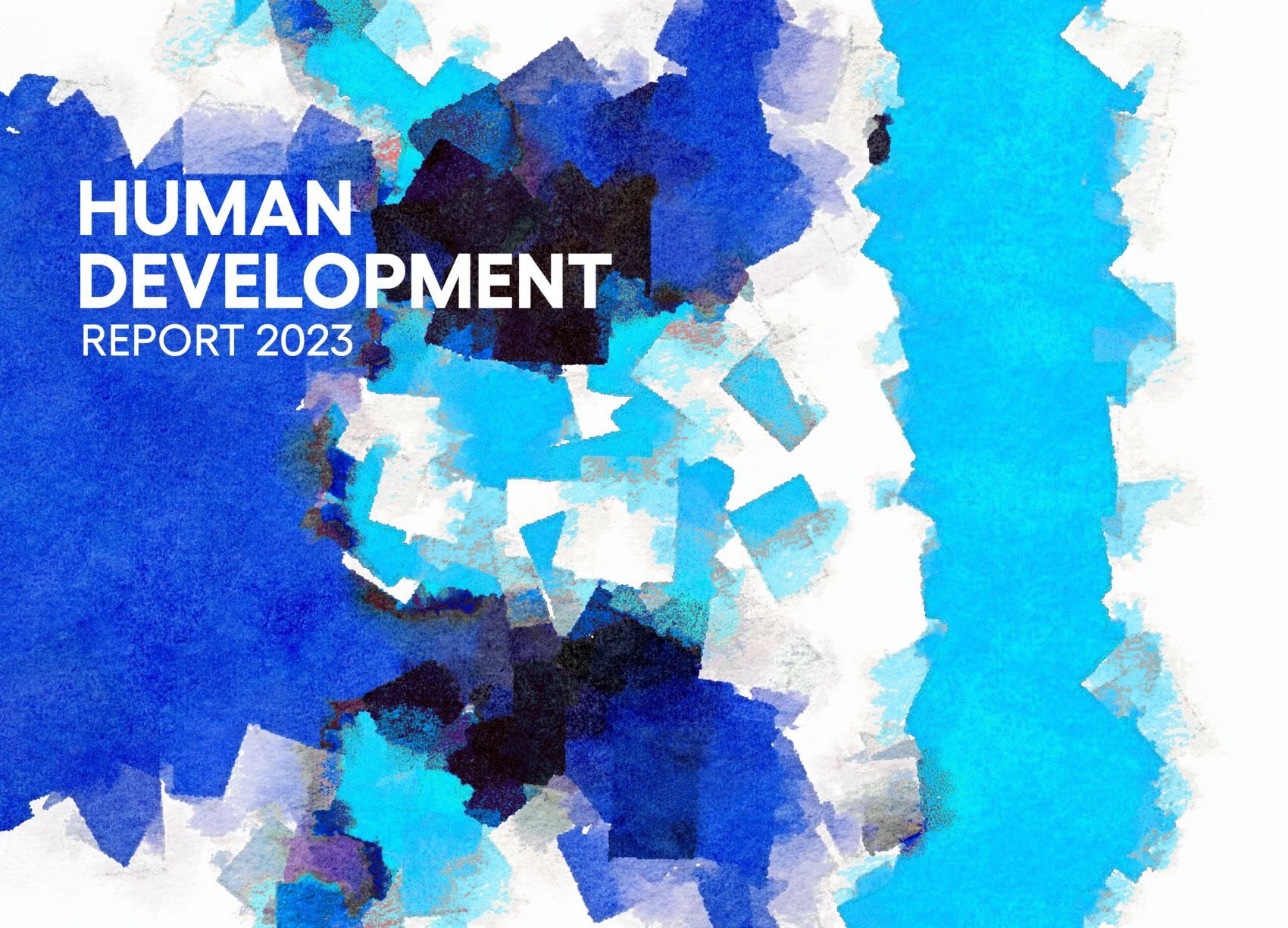The 2021/22 HDR revealed a startling reality: for the first time ever, the global HDI declined two years in a row, driven by a new “uncertainty complex,” of which the Covid-19 pandemic is emblematic. Apart from widely differing rates of access to vaccines, trust and social polarization influenced its course. Covid-19 is but one example of the failure of collective action, including to provide a global public good - pandemic preparedness and control - layered on top of troublingly low levels of trust within polarizing societies. The challenge going forward is that as societies become more linked in multiple ways, addressing shared challenges and the provision of global public goods will become ever more important. Collective action on challenges ranging from climate change mitigation to peace and security, is frustratingly slow. Lack of trust and polarization, both associated with perceptions of insecurity, exacerbates the gridlock.
The 2023 HDR aims at understanding this gridlock and explore how to enhance collective action. It opens a trilogy of reports framed by the three layers of the uncertainty complex identified in the 2021/22 HDR: widespread, intensifying societal polarization, delaying collective action (2023 HDR); rapid technological change, particularly digital technologies, impacting on prospects for human development (2024 HDR); the intertwined planetary pressures and inequalities of the Anthropocene shaping opportunities for human development well into the future (2025 HDR).
